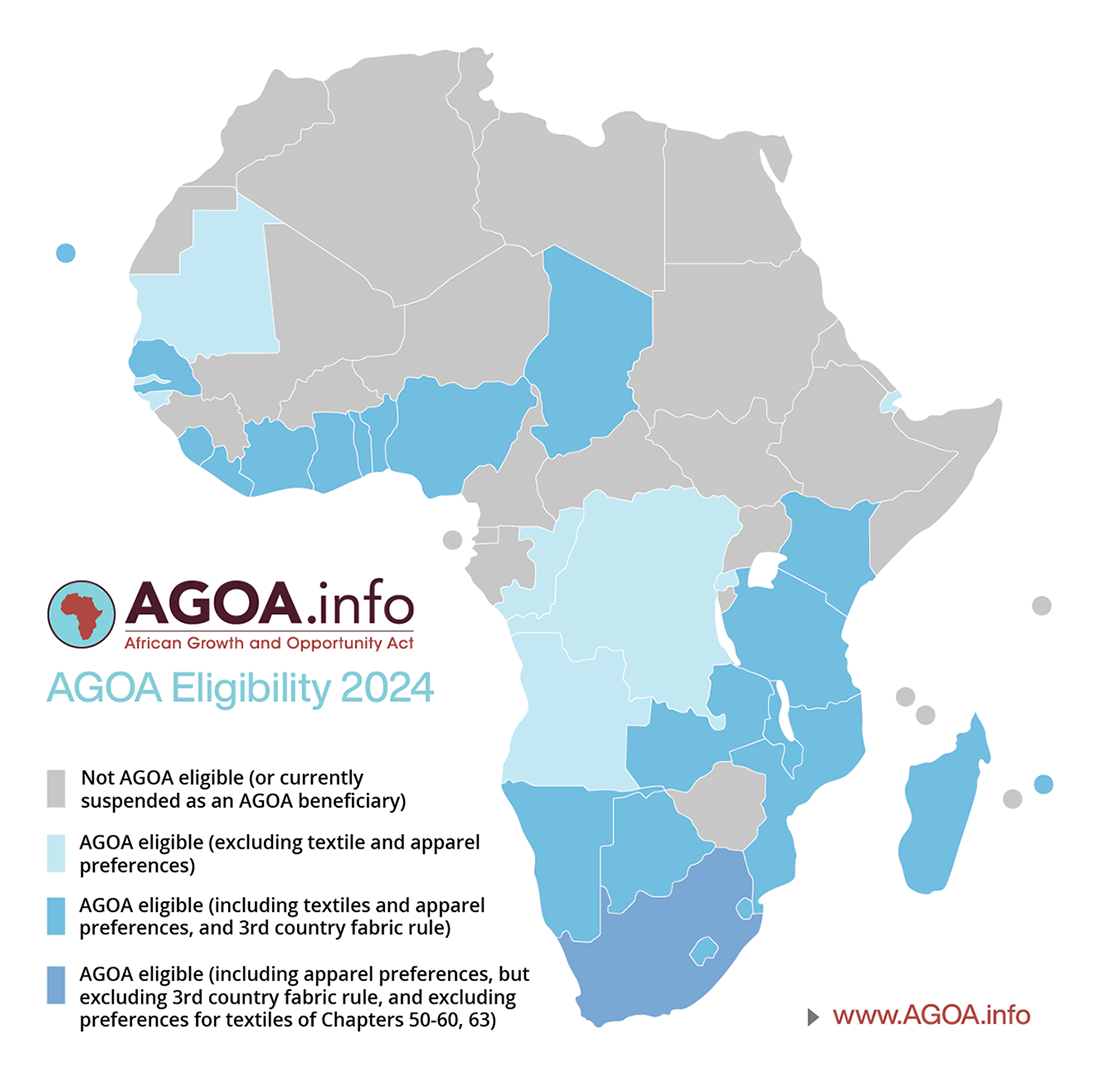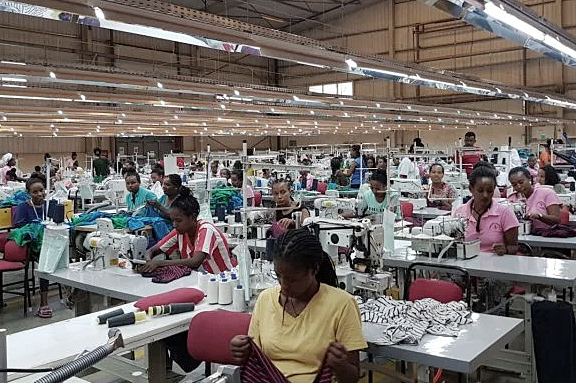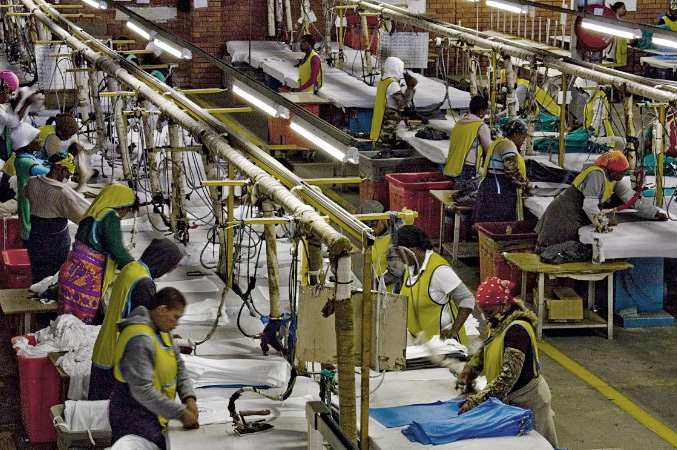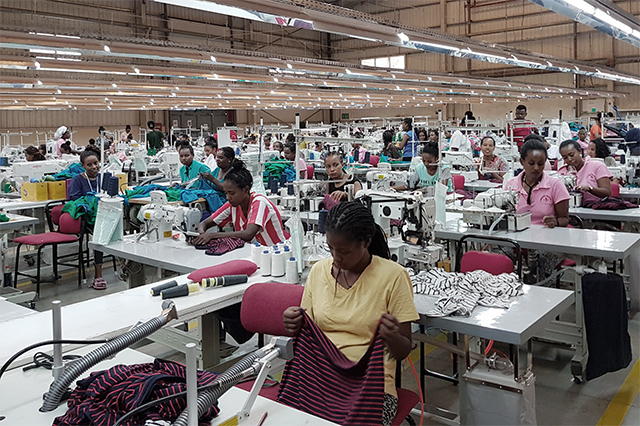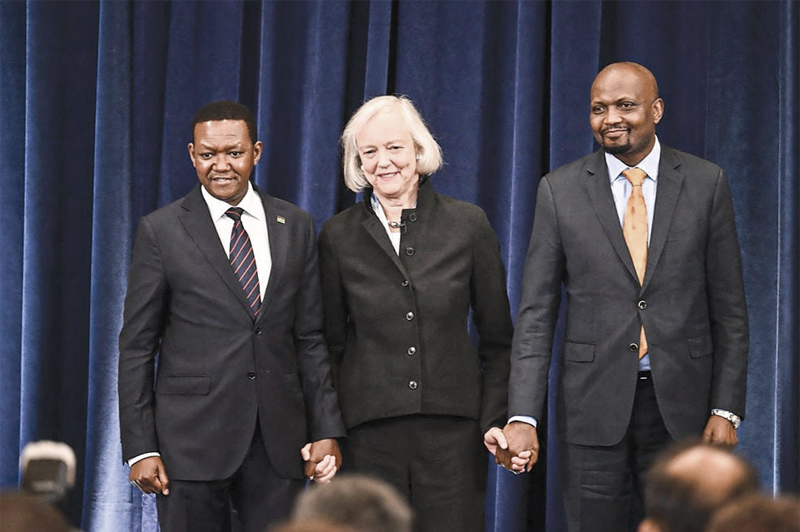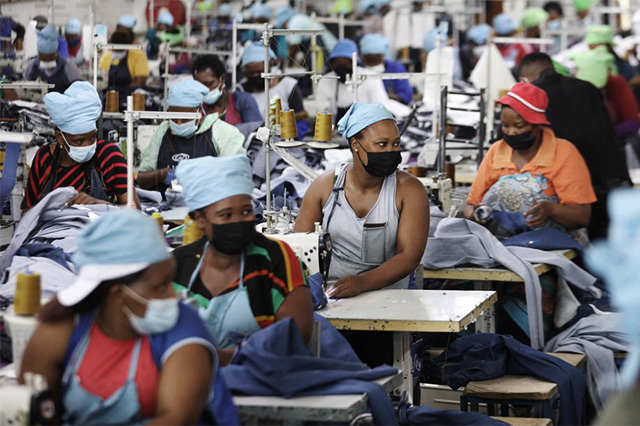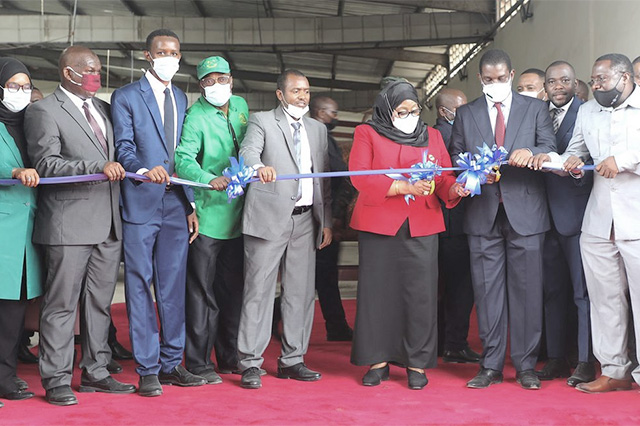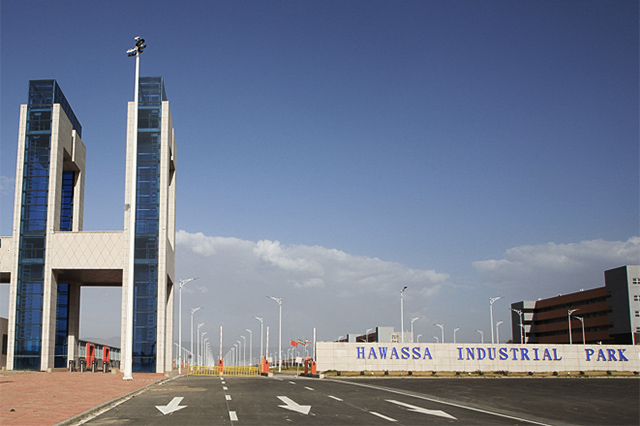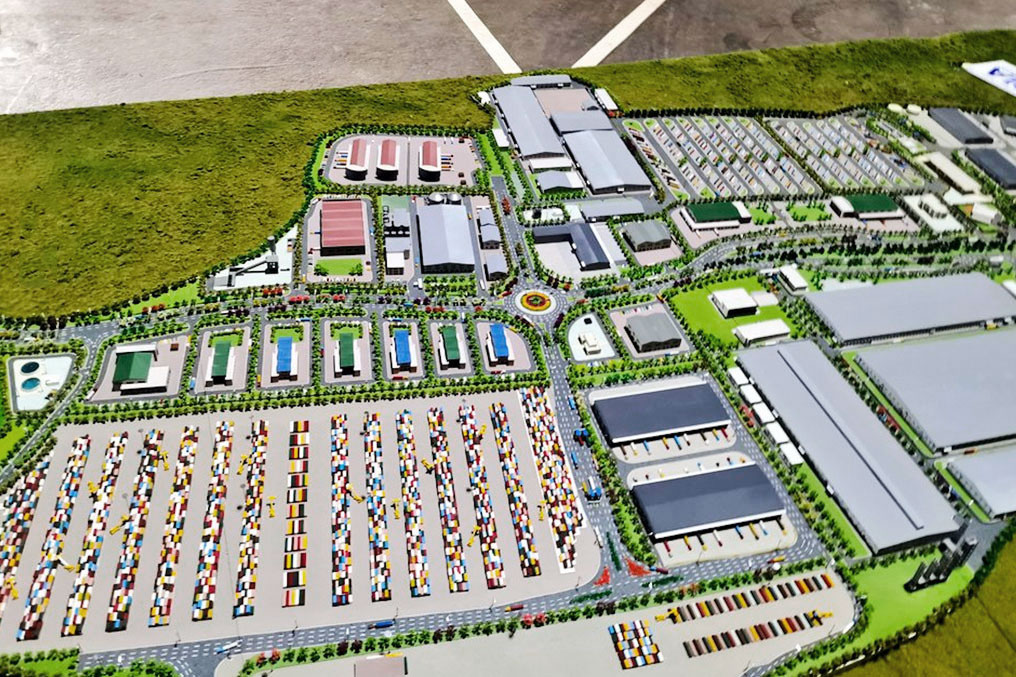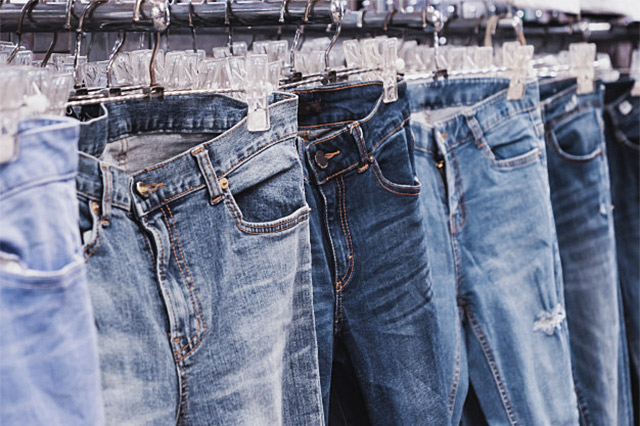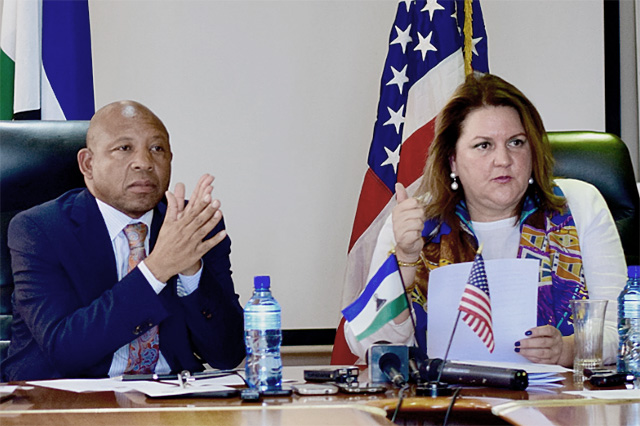Sector Data: Apparel Trade
AGOA provides duty-free access to the US market for garments manufactured in qualifying African countries, subject to conditions. While garments are not included under the US GSP, they qualify for AGOA preferences provided that (a) countries have met the 'wearing apparel provisions' by having implemented a special apparel visa system, and subject to the specific Rules of Origin (RoO) requirements being met in the manufacture of qualifying items.
Apparel preferences are included in special provisions within Chapter 98.19 of the US tariff nomenclature.
To download the official notices on AGOA's annual apparel quota, please find the download links further down on this page.
Note:
Activate / deactivate individual data series by clicking on the series name at the bottom of the chart
AGOA: US Imports of Apparel under AGOA by Rule of Origin category
By Value; Unit: $ Actual
AGOA: US Imports of Apparel from AGOA beneficiaries under AGOA preference at HS4 level in descending order by value
By Value; Unit: $ million Ordered by HS4 code from Chapter 61+62, Past 5 years
US Imports of Apparel under AGOA - Chapter 61 and 62
Years 2000 to present; Unit: $ million - AGOA countries combined
Details on the AGOA apparel manufacturing requirements are available elsewhere in the Rules of Origin section. Preferences are available in a number of different categories.
For countries classified as "lesser developed" by the AGOA legislation, provided that an apparel visa system has been implemented and certifies by US authorities, full flexibility with respect to the sourcing of input materials (textile fabrics) is available while for other countries, fabric must be sourced locally or from another AGOA beneficiary in order to meet AGOA's RoO requirements.
The trade data reveals that apparel exports under AGOA peaked in 2004, having risen sharply since AGOA's inception late in 2000 (the first apparel visa certifications were only issued early in 2001 though).
This upward trajectory coincided with two important dynamics: the relative advantage that African producers had over exporters in Asian countries, many of who were subject to apparel quotas under WTO regulations (these expired at the end of 2004, although other quotas were implemented on a temporary basis thereafter), while some of the leading exporters under AGOA experienced competitive advantages brought about through local currency movements, making local products particularly competitive.
The global financial crisis in 2009/10 placed pressure on US imports, including those sourced from African producers. Exports have since stabilised. As shown in the chart, apparel exports under AGOA preference today account for virtually all US-bound apparel exports from AGOA beneficiaries within this sector. Leading exporters utilising these trade preferences include Lesotho, Kenya and Mauritius.
- See apparel-related documents, such as Federal Register announcements regarding annual AGOA quotas, in the DOWNLOAD menu above.
